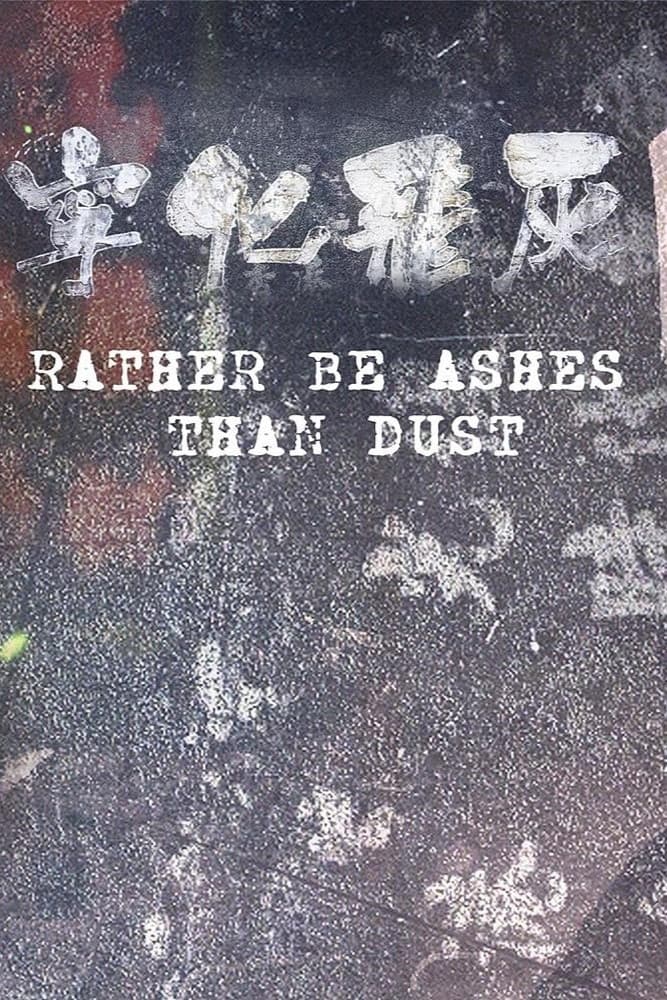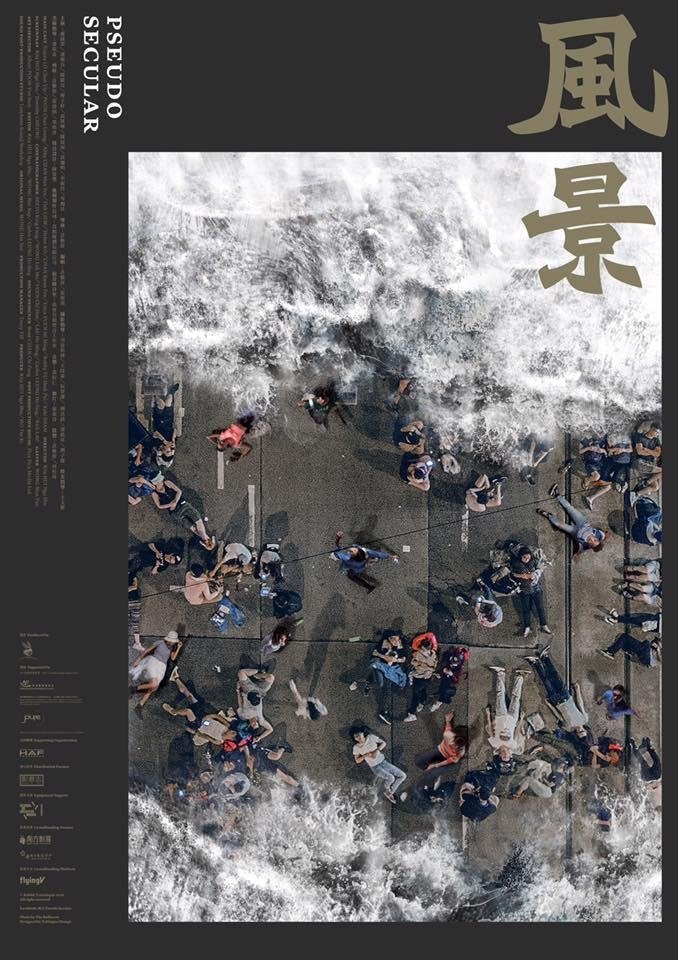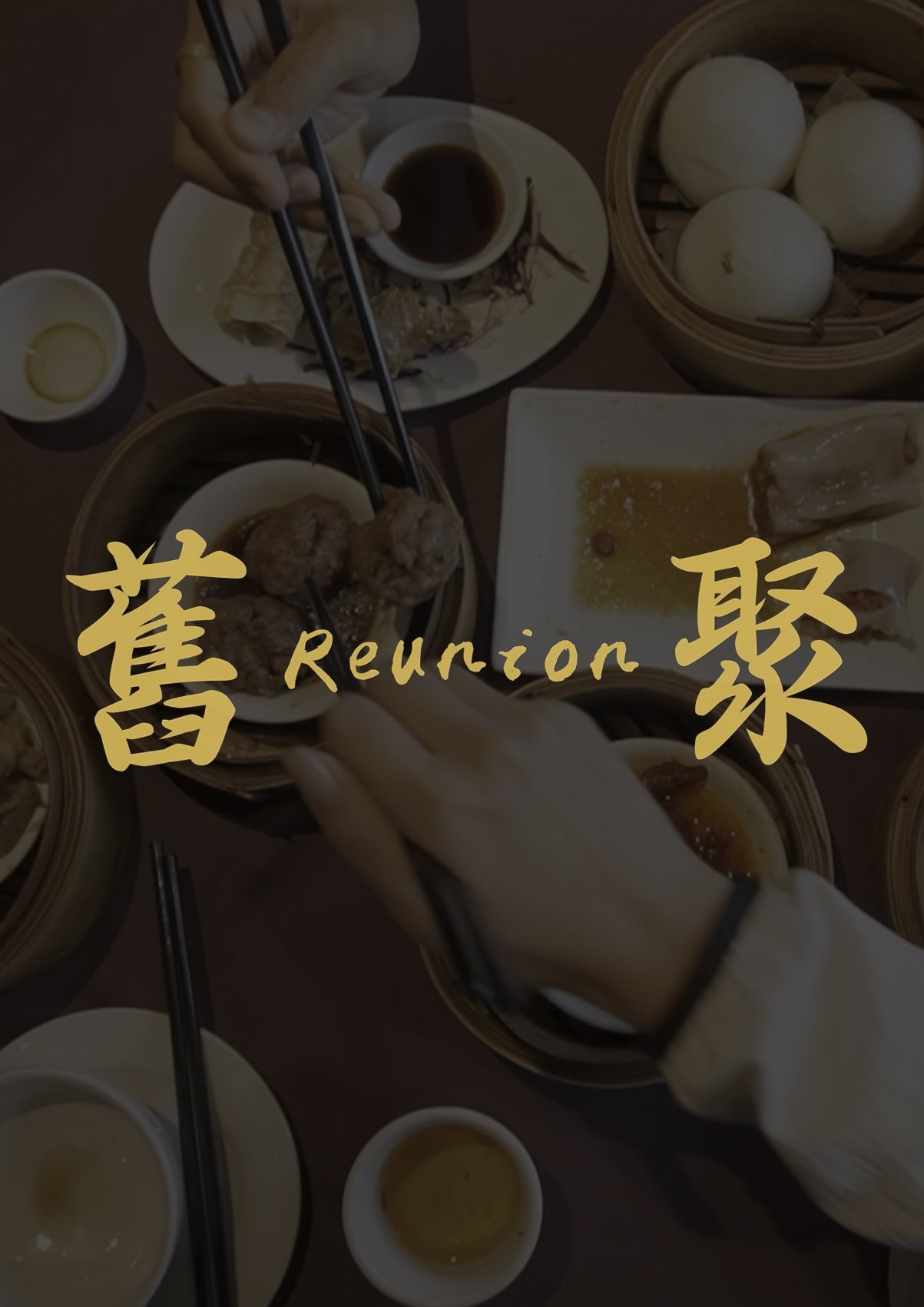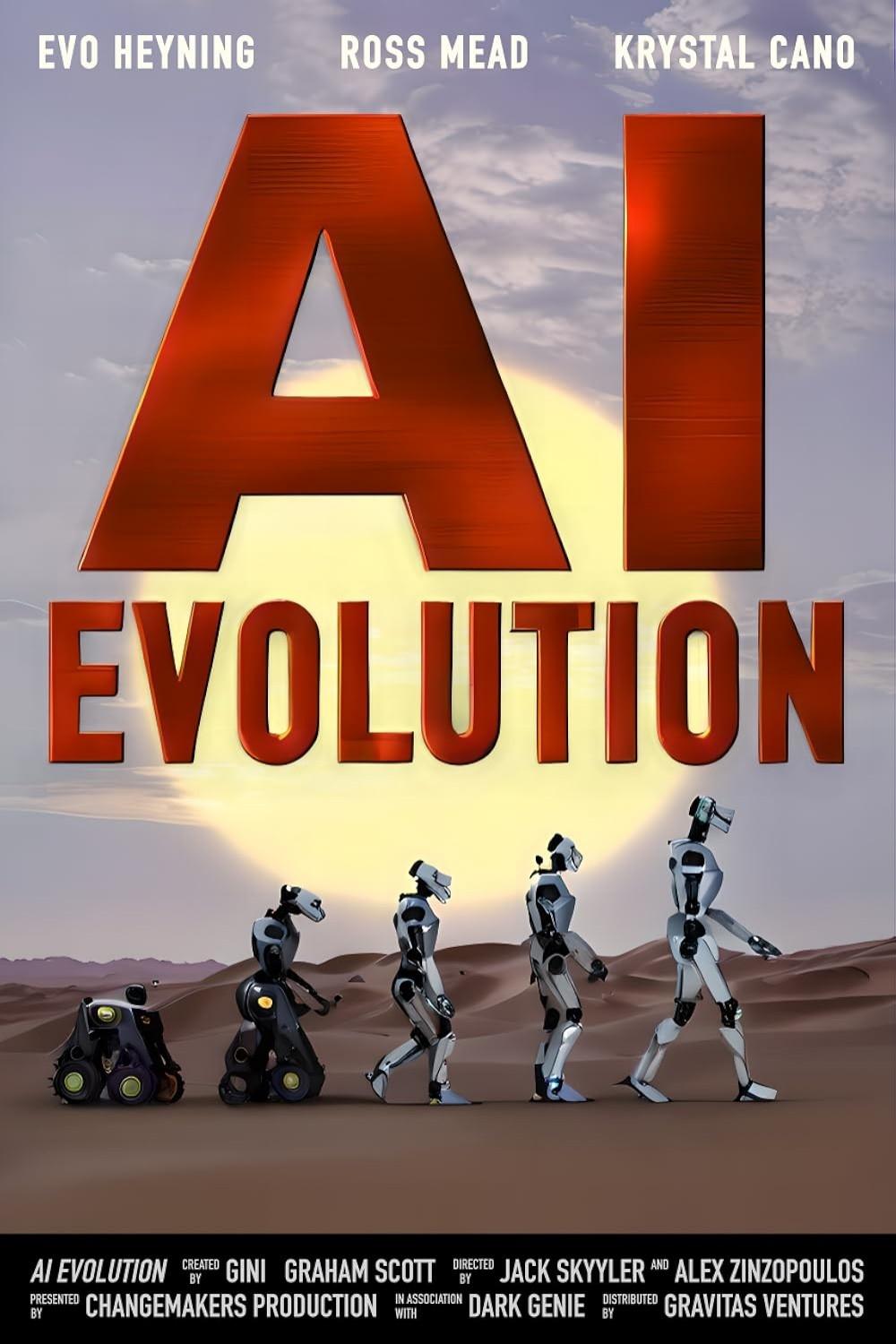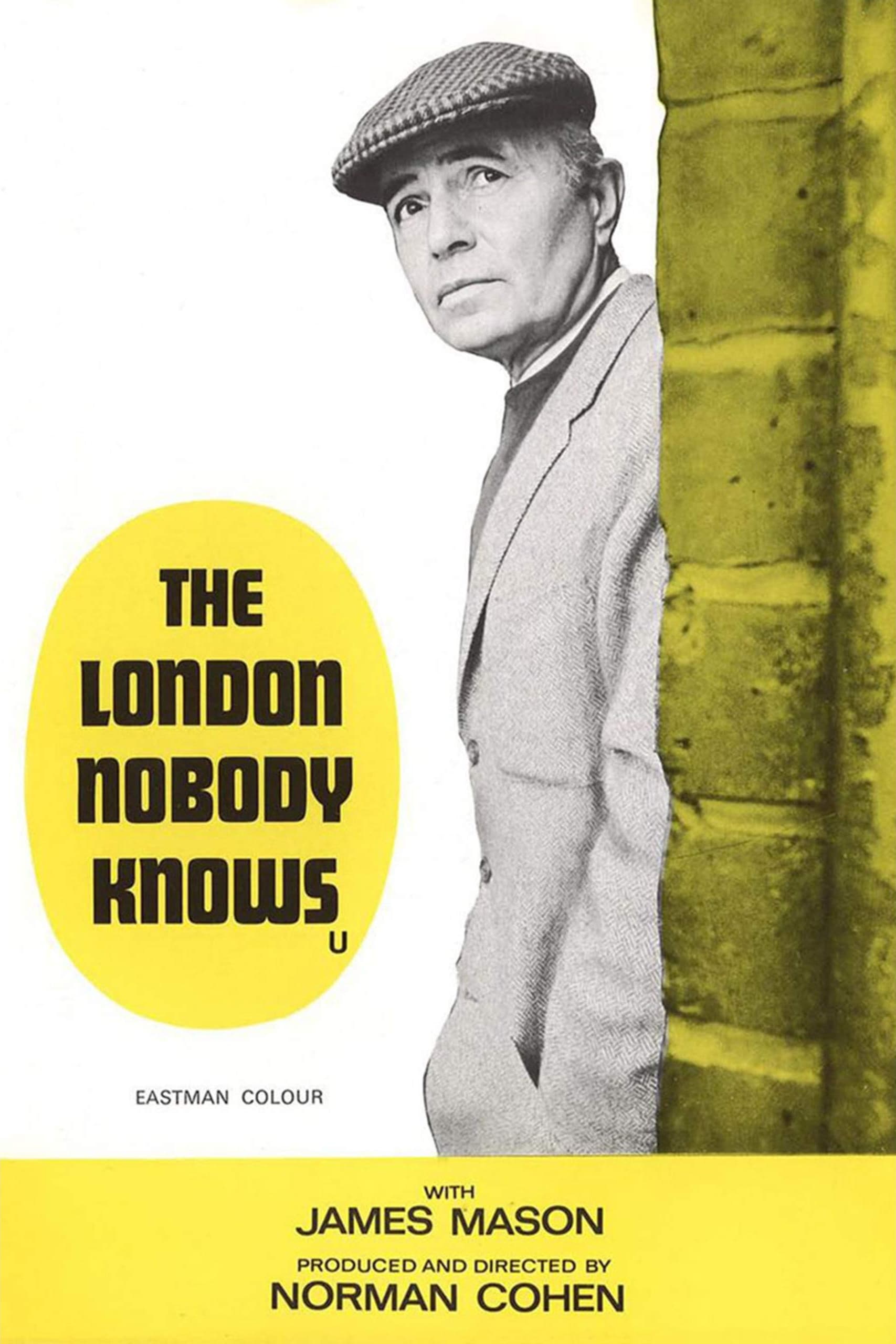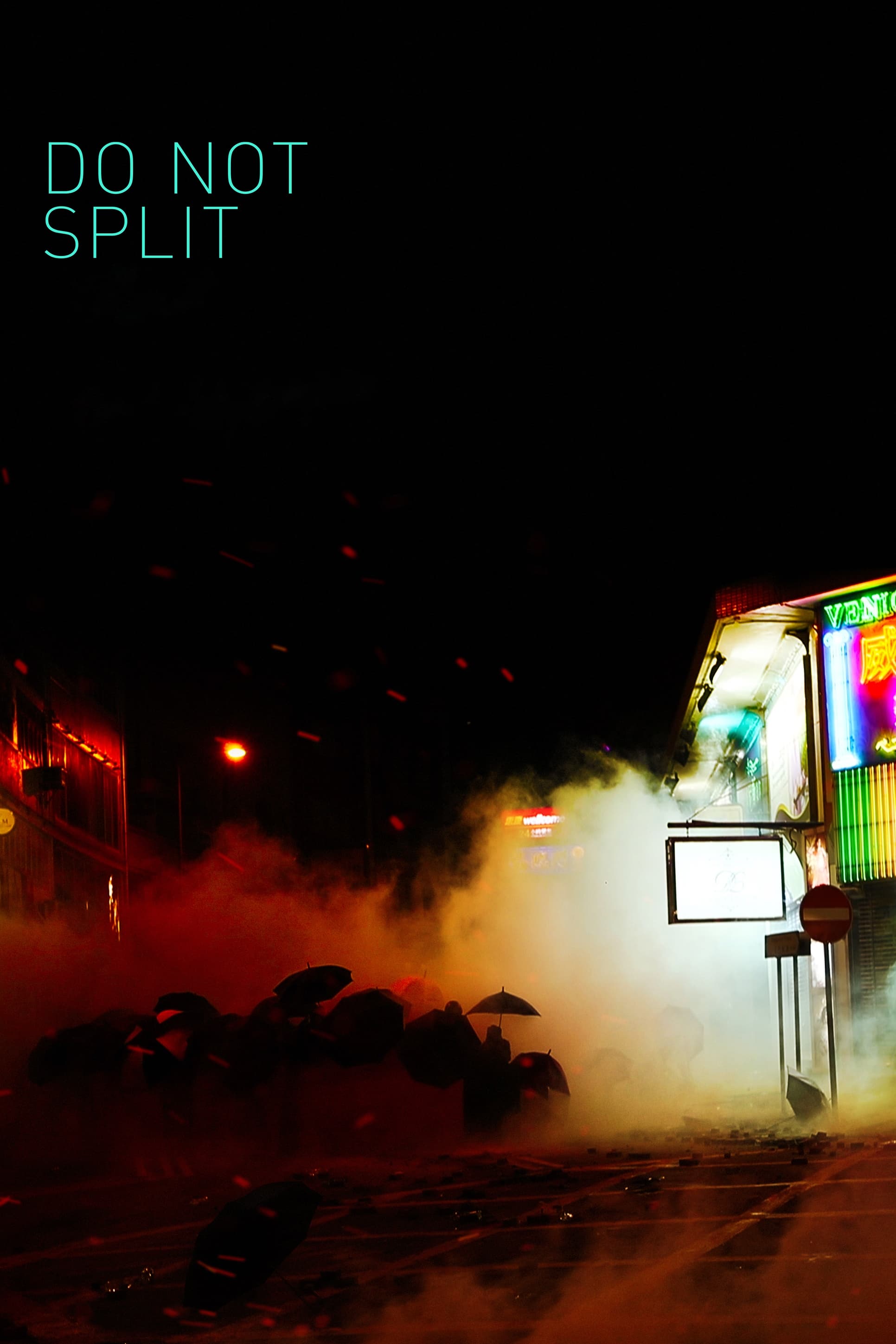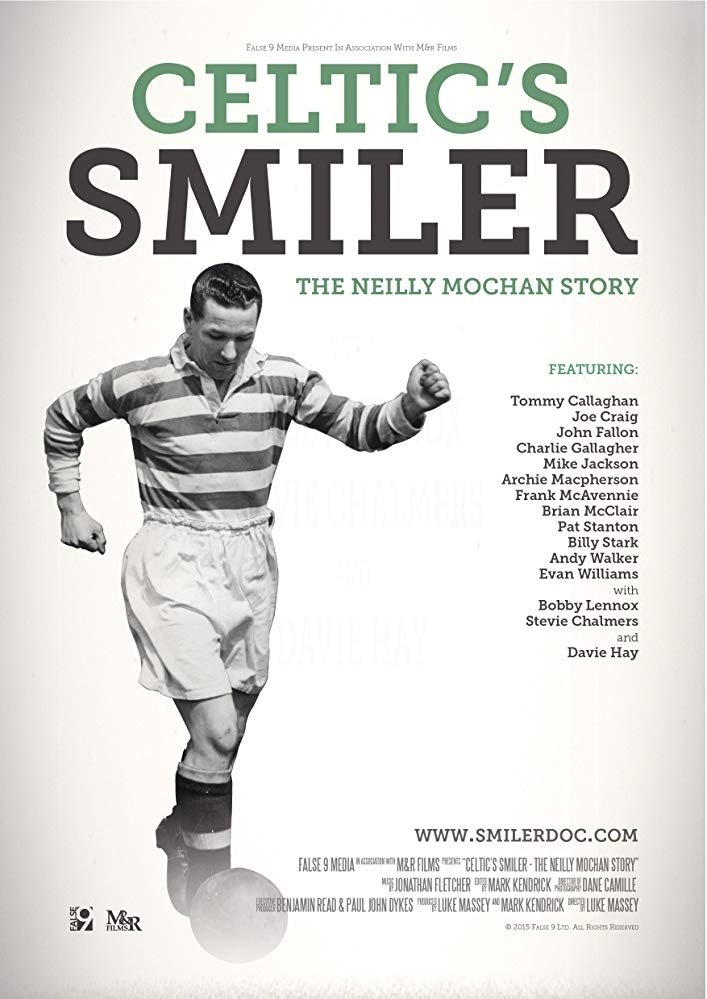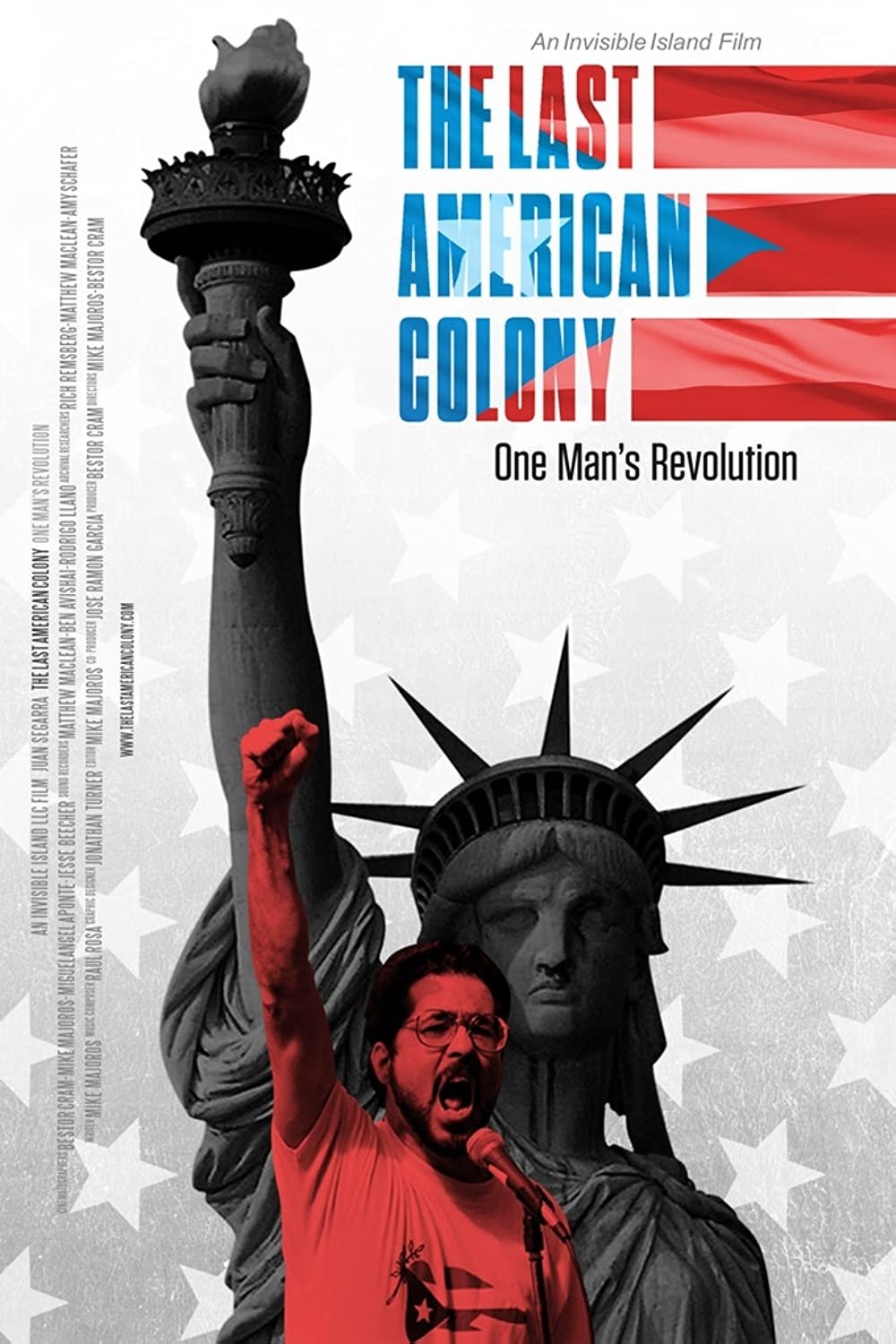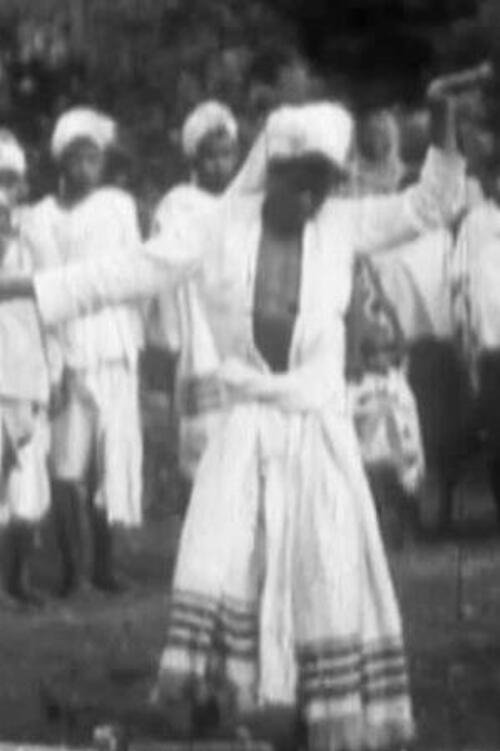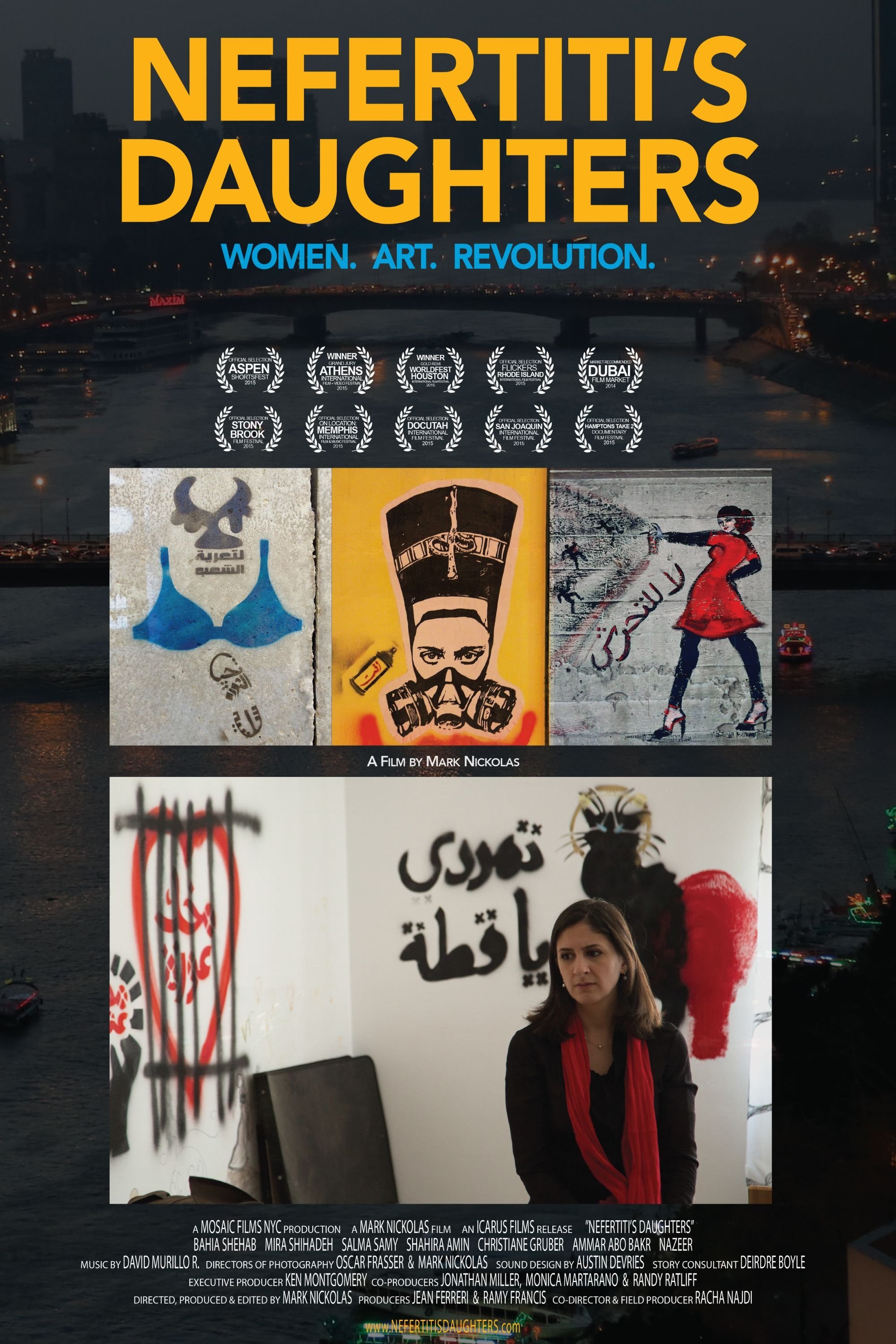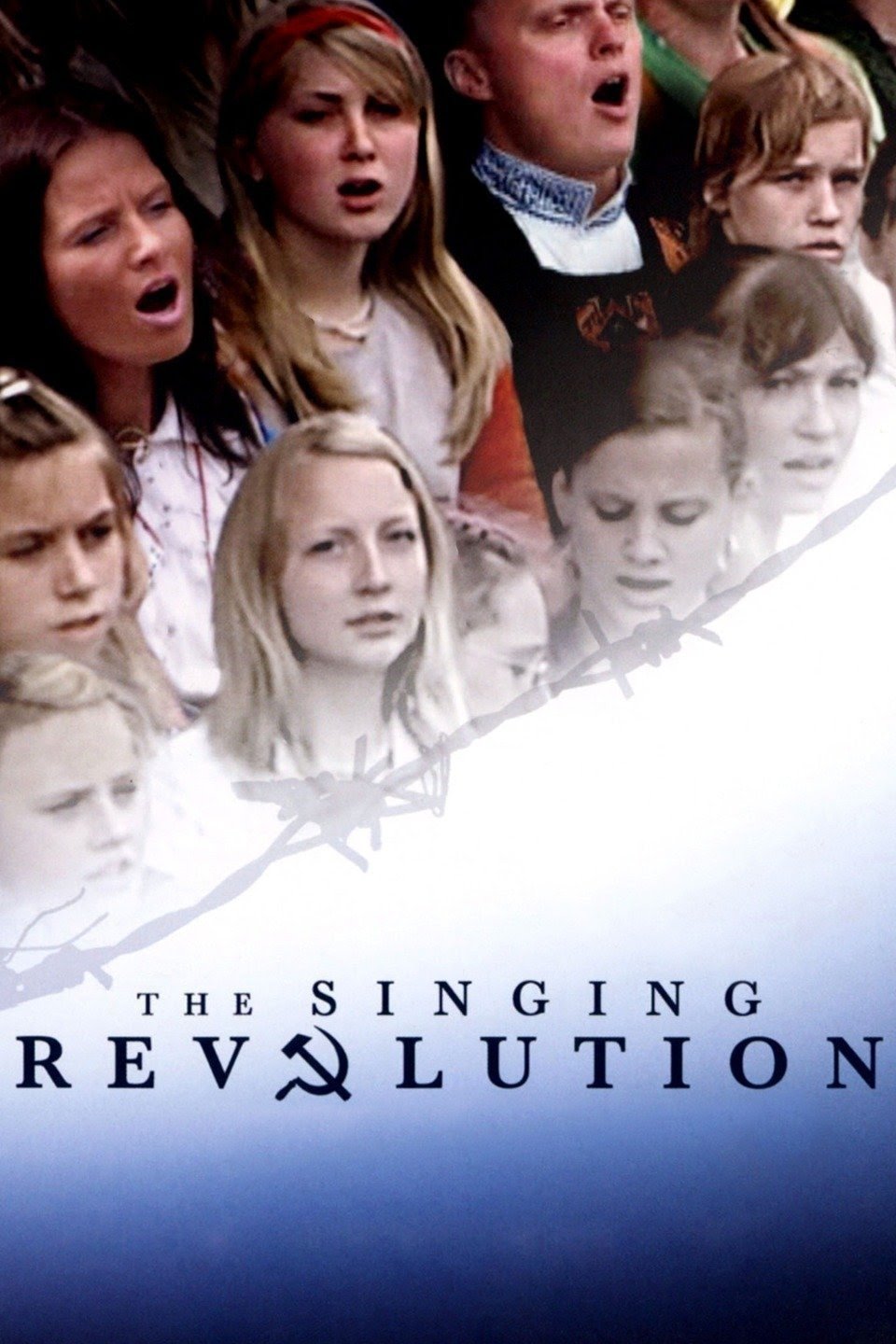Fishball Revolution
0h 10m
0.0(0 votes)
Documentary
Overview
An asylum seeker from Hong Kong builds a new life for himself in Glasgow, using his passion for street food to maintain his cultural identity.
Links & Resources
Social & External
Similar Movies
Recommended Movies

No Recommendations Yet
We're working on finding the perfect movies for you. Check back soon!
More movies coming soon


